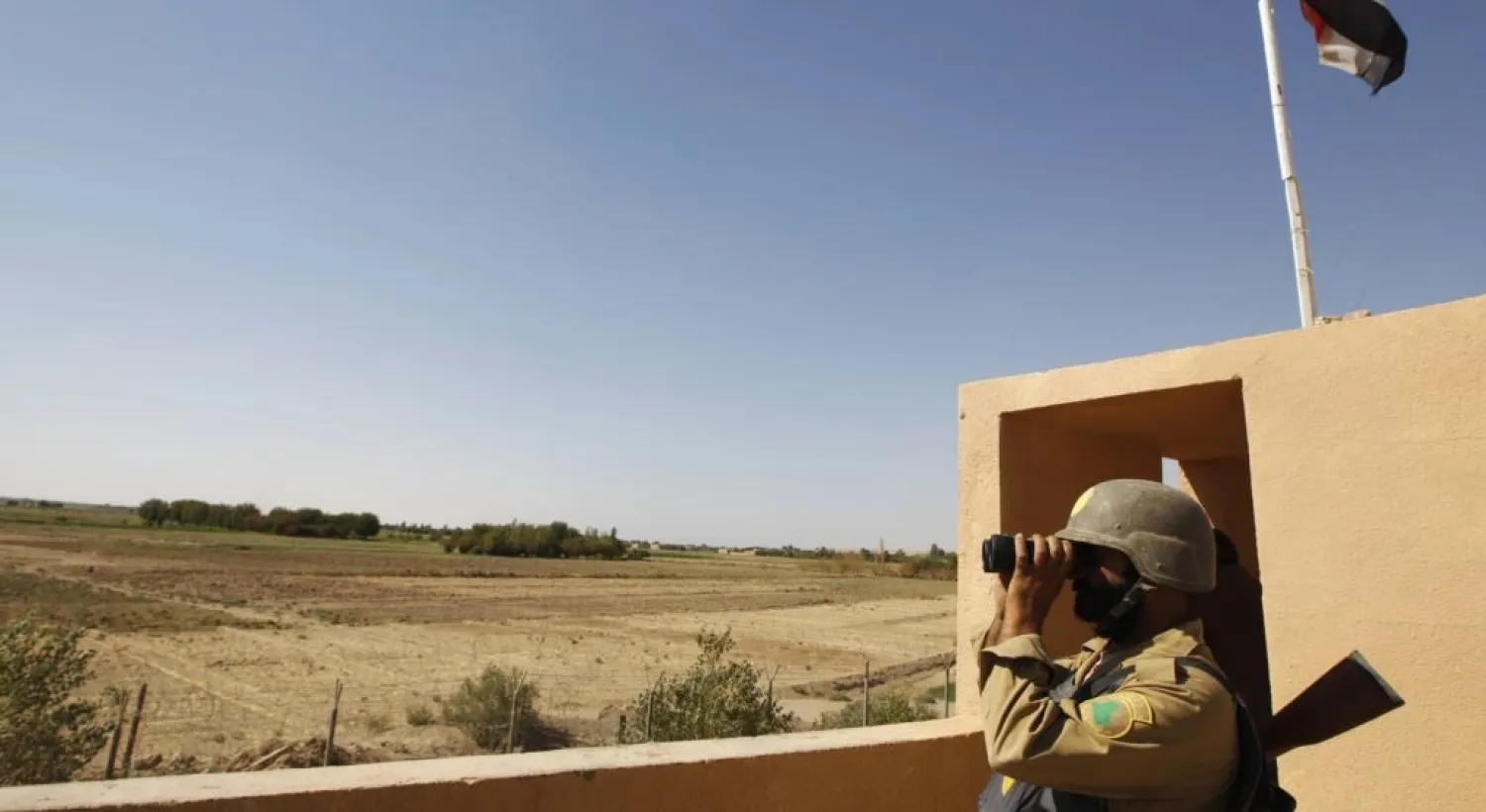Syrian Foreign Minister Walid Muallem and his Iraqi counterpart Ibrahim al-Jaafari announced Monday that the Albou Kamal border crossing will be opened soon.
The portal is known as the Qaim crossing on the Iraqi side of the border.
The announcement coincided with the opening of Quneitra crossing in the Israeli-occupied Golan Heights and Nassib crossing with Jordan.
“We are now looking at the interest of the Syrian and Iraqi people in opening up the Albou Kamal crossing... as soon as possible," Muallem said in a joint press conference with Jaafari in Damascus.
Three crossings link the two neighbors. Albou Kamal is the only one currently controlled by regime forces from the Syrian side.
Jaafari, for his part, said that the process of opening the crossings will be imminent even if it has taken some time.
He stressed that “there is no justification for this delay,” explaining that “the crossings for us are not only geographical, but they also have cultural, economic, political and even demographic importance.”
"Therefore, efforts have been put for the opening of these crossings, which bring good to the two countries,” Jaafari added.
Prior to the outbreak of the conflict in Syria in 2011, the Albou Kamal crossing formed a strategic corridor between the two countries.
In 2014, the crossing came under ISIS control, which announced the establishment of a so-called “caliphate” in large areas of Iraq and Syria before it was gradually driven out and defeated in late 2017.









